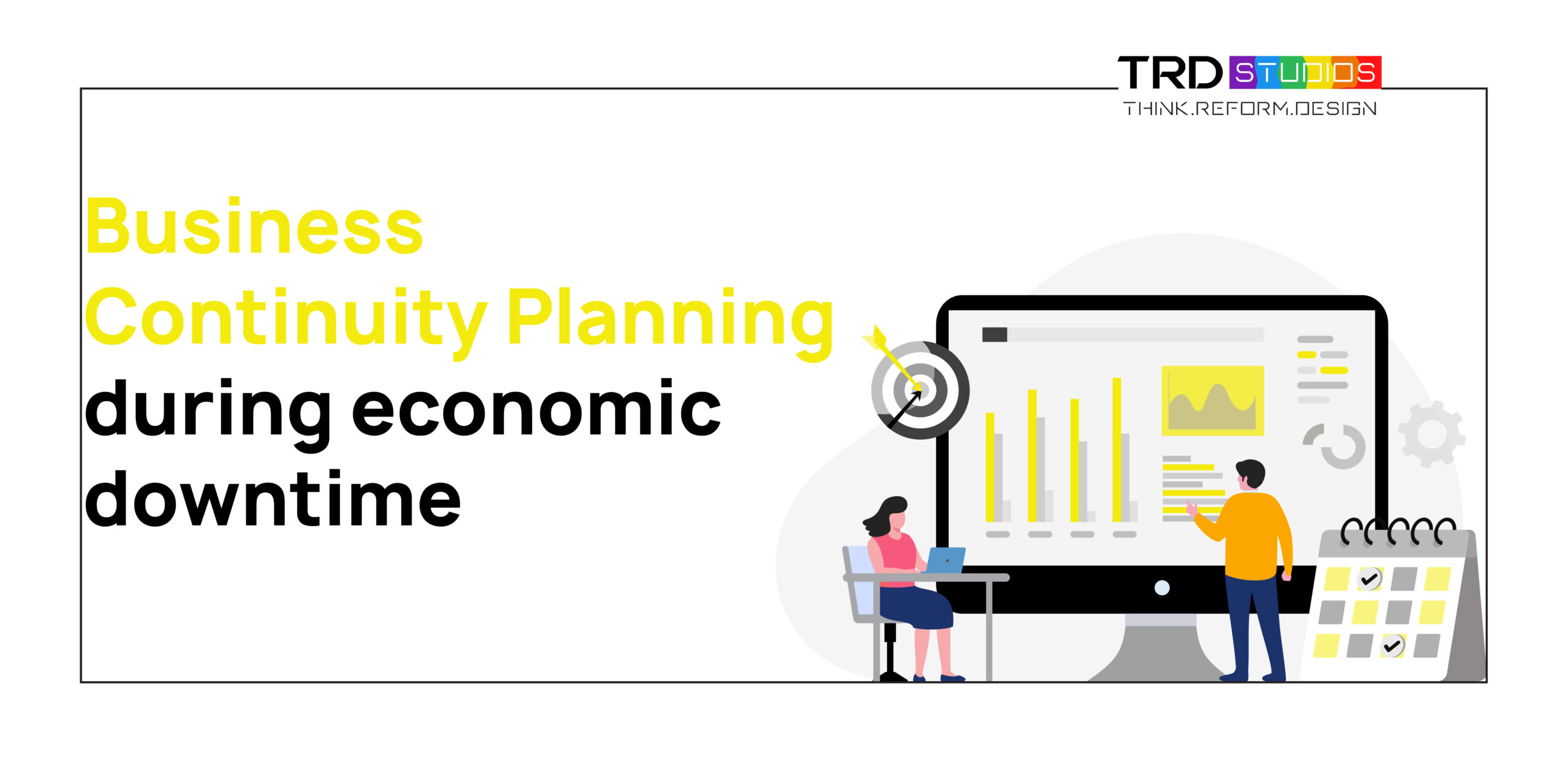A Feasibility Studies for a business is a comprehensive analysis conducted to assess the practicality, viability, and potential success of a proposed business project or venture.
It involves evaluating various aspects to determine if the project is worth pursuing and if it aligns with the organization’s goals and objectives.
A feasibility study provides valuable insights into the potential risks, challenges, and opportunities associated with the project, enabling informed decision-making and resource allocation.
When conducting a feasibility study for a business, several key areas are typically assessed to determine the viability and potential success of a project or venture.
Types of Feasibility Studies
Here are the common types of feasibility studies conducted:
Market Feasibility
Market feasibility study focus on evaluating the market demand, competition, and potential target audience for a product or service.
This study assesses factors such as market size, growth potential, customer preferences, and purchasing power. It helps determine if there is sufficient demand and a favorable market environment to support the business idea.
Technical Feasibility
Technical feasibility studies evaluate the technical aspects and requirements of a business project. It examines whether the necessary technology, infrastructure, resources, and expertise are available or can be acquired within a reasonable timeframe and budget.
This analysis ensures that the project can be implemented effectively from a technical standpoint.
Financial Feasibility Studies
Financial feasibility study assess the economic viability of a business project. They examine the financial aspects, including projected costs, revenue streams, profitability, return on investment (ROI), and potential financial risks.
This analysis helps determine if the project is financially viable and if the expected financial returns align with the organization’s objectives.
Operational Feasibility Studies
Operational feasibility studies focus on evaluating the operational aspects of a business project. This includes assessing the resources, processes, and infrastructure required to execute the project effectively.
The study examines if the project can be implemented smoothly, taking into account factors such as staffing, supply chain management, logistics, and operational efficiency.
Legal and Regulatory Feasibility
Legal and regulatory feasibility studies examine the legal and regulatory requirements that may impact the project. This includes assessing compliance with local, state, and national laws, regulations, permits, licenses, and any potential legal constraints.
Understanding the legal and regulatory landscape helps ensure that the project can be executed without facing legal hurdles or penalties.
Environmental and Social Feasibility
Environmental and social feasibility studies assess the impact of a business project on the environment and local communities.
This includes evaluating factors such as sustainability, environmental regulations, social responsibility, community acceptance, and potential social or cultural implications. This analysis helps ensure that the project aligns with ethical and sustainable practices.




